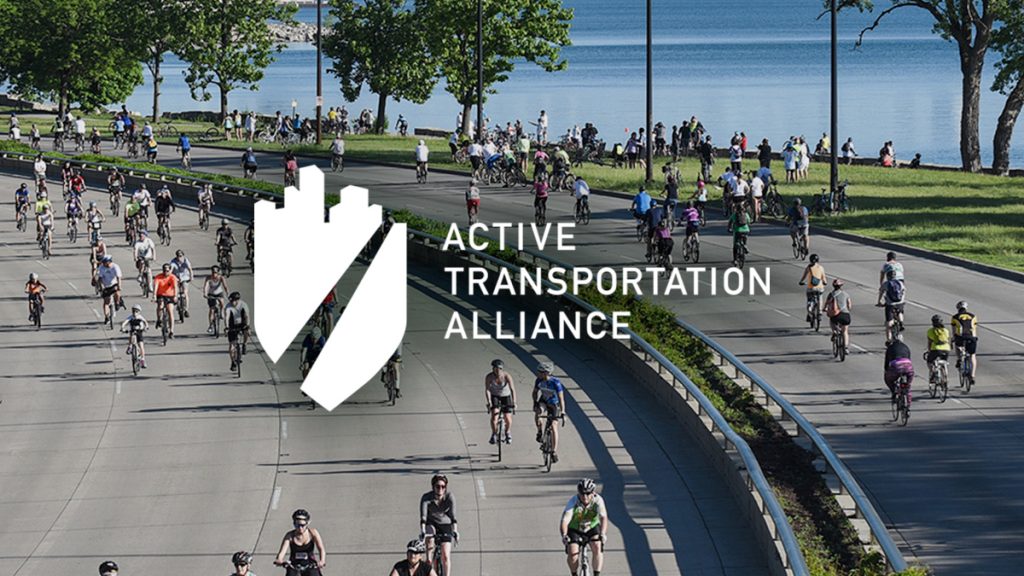On August 27, Highland Park Mayor Nancy Rotering and members of the community's city council unanimously accepted the Bike-Walk Highland Park 2030 Plan and asked for an ordinance to be drafted to incorporate this Non-Motorized Transportation Plan and Complete Streets Policy into the Greenways Plan of the city's master plan. This new plan furthers the existing goals to increase enjoyment, safety, and access for both walkers and bicyclists–especially children and senior citizens. This plan not only focuses on recreational walking and biking, it also encourages more residents to walk or bike to work, school, and shopping.
Highland Park city planner Lee Smith, along with other members of the Engineering and Community Development staff, worked on this comprehensive plan with the help of non-stop advocacy from many community members, including Active Transportation Alliance members Peggy Laemle, Kim Stone, Elliot Rossen, and Marge Ettlinger. Active Trans consulted on the development of the Complete Streets Policy as well.
Bike-Walk HP 2030 proposes that Highland Park develop dedicated bicycle lanes, designate shared roadways, sign bicycle routes and shared-use paths, and improve sidewalks and intersections throughout the city for cyclists and pedestrians. The plan recommends that scheduling future bicycle and pedestrian improvements be elevated to the level of other street improvements for infrastructure and that these improvements be incorporated in the Capital Improvement Plan.
Many city council members complemented the city staff's work on the plan and recognized that implementation is critical. Residents and folks who bike and walk in Highland Park should stay tuned and keep encouraging the city.
Congrats to all for developing a great roadmap for improvements to the transportation system that will serve all users: cyclists, pedestrians, people with disabilities, transit users, and users of motor vehicles.

